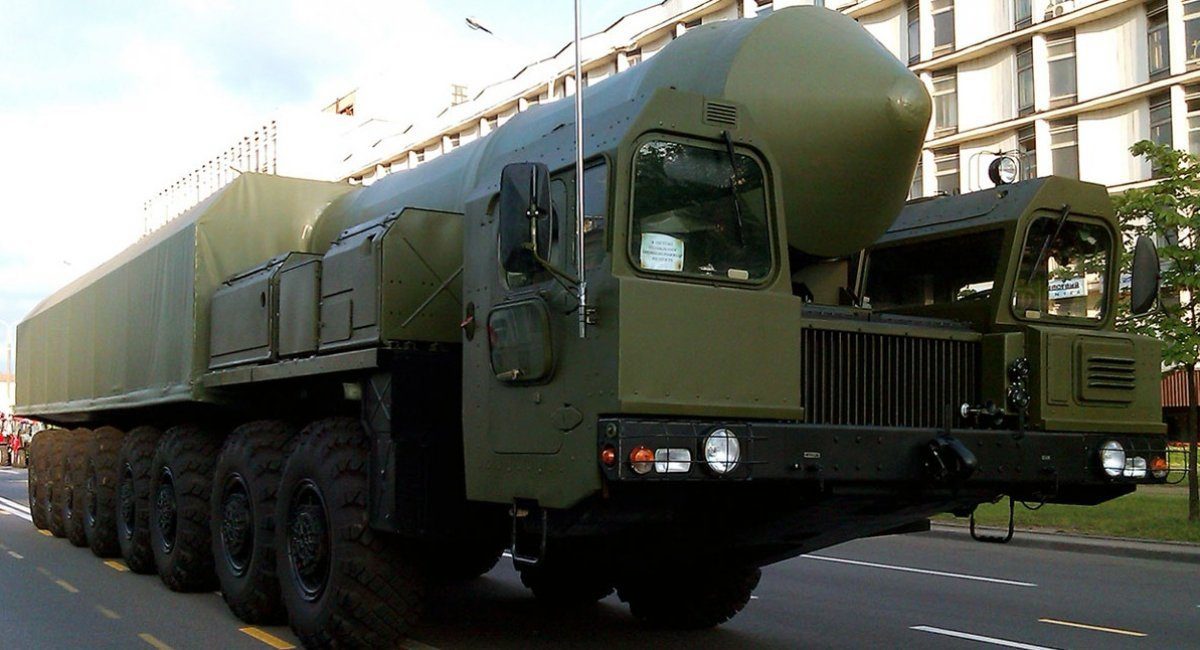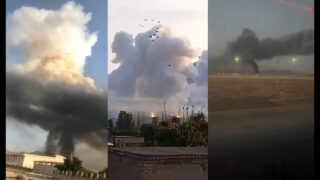
Pentagon warns Russia may launch another Oreshnik missile at Ukraine
Russia may launch another experimental Oreshnik intermediate-range ballistic missile at Ukraine in the coming days, the Pentagon warned late on 11 December.
Russia’s 21 November strike on Dnipro marked the first combat use of a nuclear-capable Multiple Independently-targetable Reentry Vehicle (MIRV) ballistic missile carrying conventional warheads, representing a significant escalation by Russia in the Russo-Ukrainian War.
Deputy Pentagon Press Secretary Sabrina Singh said during a press briefing that Putin had publicly announced Russia’s intentions to launch another experimental Oreshnik missile.
“It’s possible that Russia could do it in the coming days,” Singh said, noting she couldn’t provide an exact date.
Singh emphasized that the potential launch “is not going to be a game changer on the battlefield” but rather “just yet another attempt to inflict harm and casualties in Ukraine.”
The warning is based on an intelligence assessment, Singh confirmed, though she declined to provide details about potential targets.
According to RFE/RL, citing AP sources, Russia possesses only a few such missiles, which carry smaller warheads compared to other missiles regularly launched at Ukraine.
The Ukrainian Alpha Centauri project reported that no-fly zones have been activated near the Kapustin Yar test range from 11-13 December and 16-21 December, between 8:00 and 12:00 local time, according to Militarnyi. This follows a similar NOTAM that was in effect during the first Oreshnik strike in November. The current restriction’s coordinates unusually extend into Kazakhstan’s territory.
CNN: Russia breaks Cold War deterrence doctrine with multiple warhead missile strike on Dnipro
In Syria-related developments, commercial satellite imagery showed that the Russian Navy has vacated its base in Tartus and a military air base further south, Singh confirmed at the briefing. She noted that Russia’s regional influence has diminished following Assad’s ouster, saying “they just had one of their key political allies ousted, so their presence there, you know, political prowess within the Middle East region is significantly reduced now that Assad is gone.“
Related:











